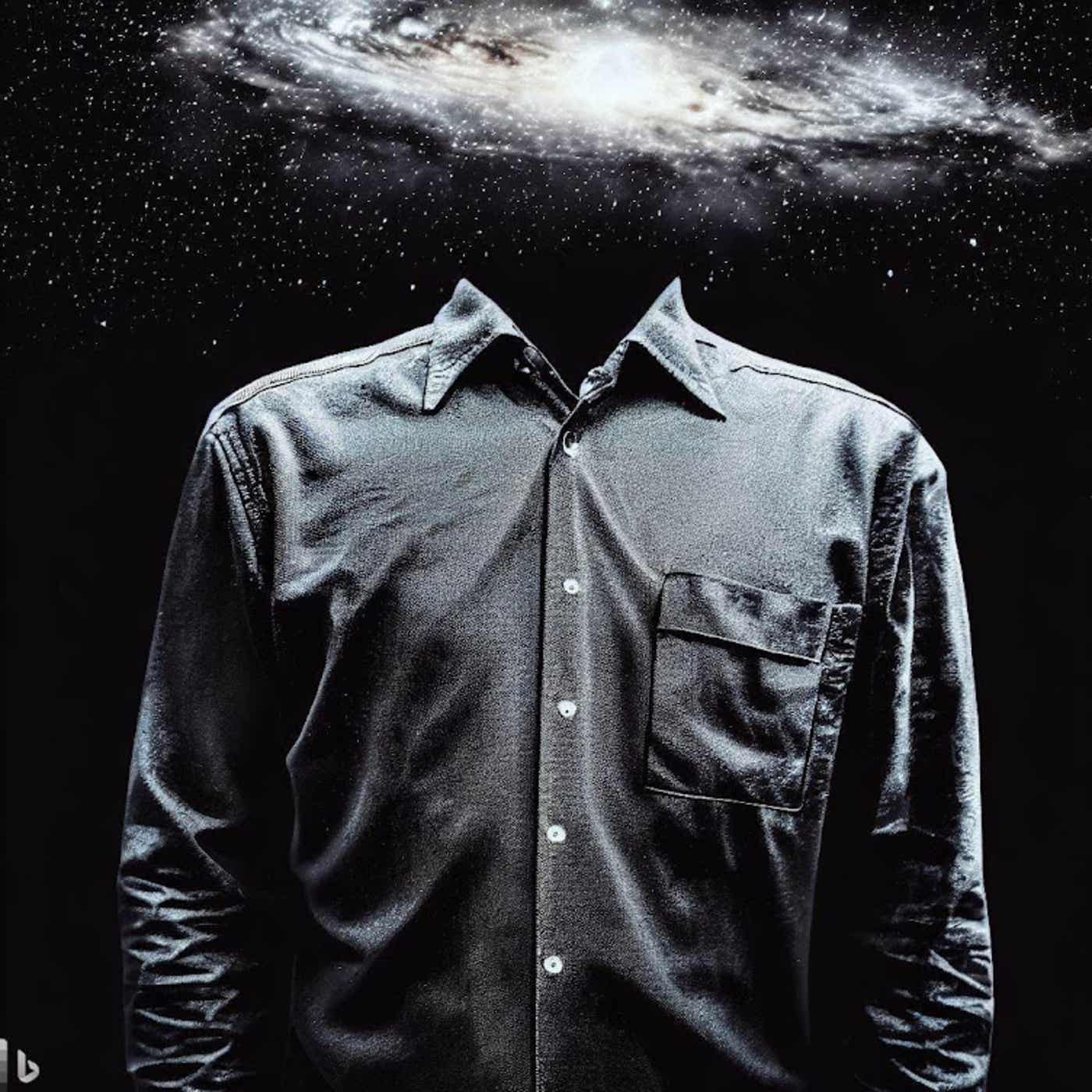Michael Graziano - Attention Schema Theory
Description
You know how in cartoons sometimes they show a dotted line from a person’s eyes to show what the person is looking at? It turns out, that we actually do something like that in our own heads to track what another person is looking at. This paying attention to how we and others around us are paying attention is a part of what Michael Graziano talks about in his theory of consciousness called Attention Schema Theory (AST). In his paper, called A Conceptual Framework of Consciousness, Graziano describes the way we model our own attention along with two principles which, taken together, form a materialistic explanation for how a conscious experience could arise from information processing in the brain.
It goes like this:
* What we experience is generated by the brain. If we see an apple, it may be because we are processing photons bouncing off a real apple or it may be an hallucination, but either way it is the result of a brain process.
* Just like we model our body schema to track where our bodies are in space, we track our attention to control what we are paying attention to. Both the “body schema” and the “attention schema” are models of what is actually going on, and all models are simplified versions of reality which leave out a lot of details in order to make them efficient and useful.
In other words, we invent the idea of being conscious to explain how we come to be aware of what we are aware of. It is possible to be aware of something in a subliminal way without having a conscious experience of that thing. The Attention Schema Theory is basically saying that the “me” and “my experience” are just stories made up when trying to pay attention to paying attention.
This is a public episode. If you would like to discuss this with other subscribers or get access to bonus episodes, visit headlessdeepdive.substack.com
More Episodes
Philosopher Bernardo Kastrup takes the “hard problem of consciousness” and completely turns it inside out. Kastrup’s PhD dissertation titled Analytic Idealism: A consciousness-only ontology, argues that consciousness is fundamental. Everything supposedly “material” (including our bodies and...
Published 11/11/24
Published 11/11/24
In his article, On the Nature of Time, Stephen Wolfram describes the computational model he has for the universe and how that results in a new way to look at time. Wolfram is a physicist, computer scientist, author, inventor of Mathematica (software used by scientists and engineers) and Wolfram...
Published 11/09/24


